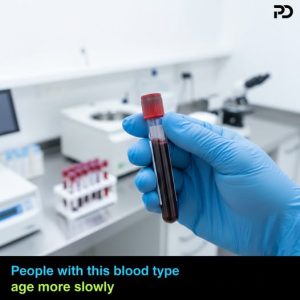It was a cold afternoon when a woman appeared at the narrator’s door with a young boy. She claimed the boy, Daniel, was the son of the narrator’s late husband, Michael, and demanded his share of the estate. The narrator, stunned and bitter, explained that Michael had left nothing behind — only debts and an old truck. The woman left, threatening legal action, but never returned.
Though the encounter faded into memory, guilt crept in over time. The narrator began thinking about Daniel — the quiet way he clung to his mother, his questioning eyes. Curiosity led her to find the boy online, and she discovered his name: Daniel, the same name Michael had once hoped to give a son they never had.
Eventually, the boy’s mother, Claire, wrote a letter. She apologized and said Daniel had questions about his father. The narrator agreed to meet them, cautiously. At a coffee shop, she brought photo albums and stories about Michael — his laugh, his quirks, their life together. Daniel listened, quiet but attentive, and a small connection began to form.
Over time, these meetings continued. The narrator didn’t try to replace anyone but offered Daniel a link to his father’s past. While others criticized her choice, she knew none of this was the boy’s fault. Daniel began to remind her of Michael in endearing, unexpected ways.
When Claire got a job in another city, the narrator encouraged her to go, promising to stay in touch. And they did — through calls, letters, and visits. Eventually, Daniel chose her for a school project about someone who inspires him, touching her deeply.
Later, a delayed will surfaced. Michael had trusted her to “do the right thing” if a child appeared. She honored that trust — not out of obligation, but love. Daniel, now ten, still writes. And she smiles every time.





